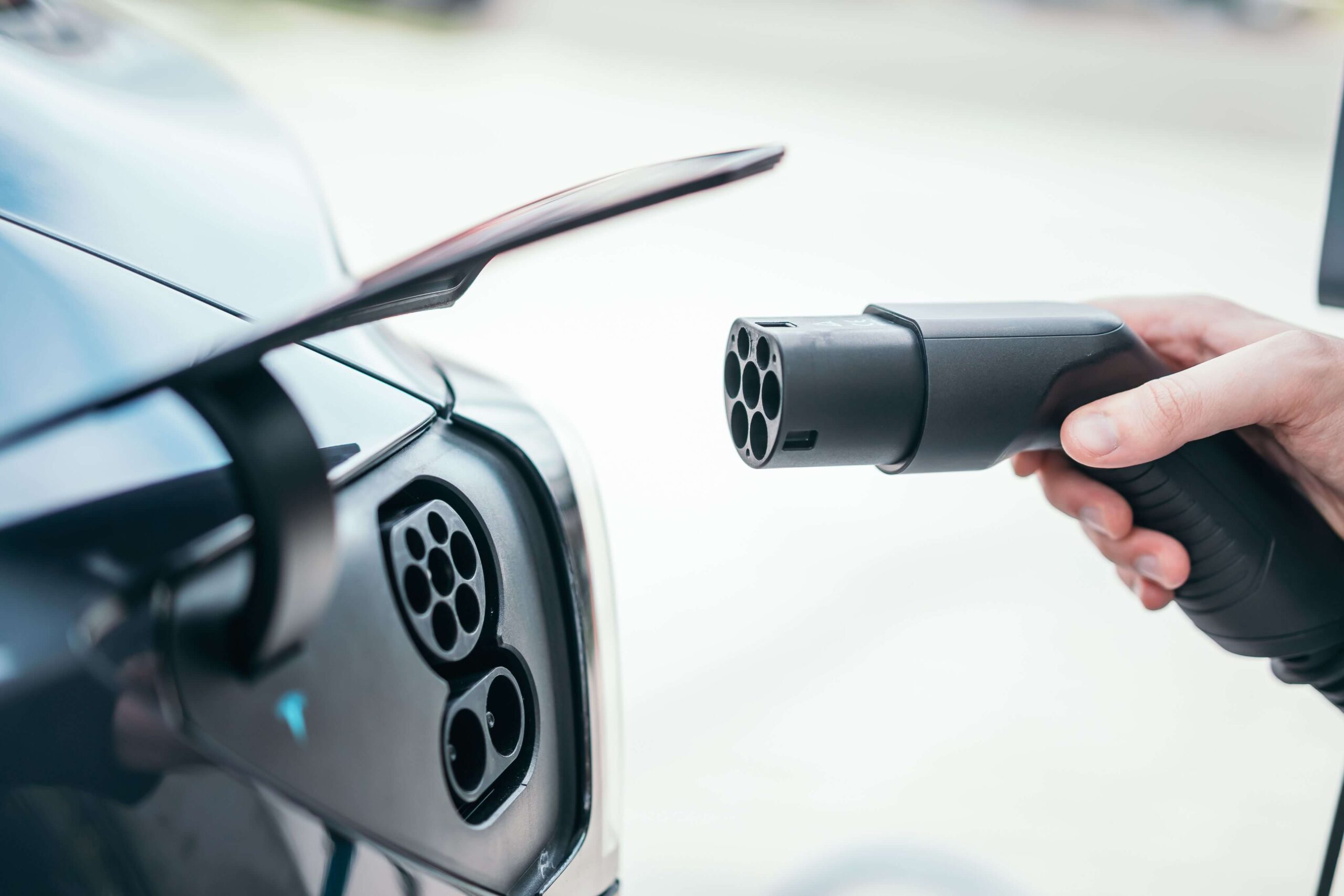Take Home Charging for Fleets

Fleet charging can often become a costly process as the relevant infrastructure needs to be provisioned for. This may oftentimes not be the best option for certain fleet bodies as they’re making the transition to electrify their fleet. From working with several councils, we’ve found that more than half of Council staff garage their fleet vehicles at home, providing employees with relevant incentives to recoup costs. In light of this, understanding the available options for home charging will be extremely beneficial in the present absence of a suitable public charging network. Some advantages of fleet charging at home include:
- Reduces reliance on public charging
- Saves unnecessary trips back to the fleet
- Ensure that vehicles are fully charged for the following day
- Take advantage of low overnight electricity costs
- Reduces the need for fleet facility infrastructure investments
Considerations for Home Charging
Do you have off-street parking?
There are situations where employees park their vehicles on-street, which makes implementing a charging solution difficult. In situations like these choosing to upgrade fleet facilities to accommodate EVs will likely be a better solution.
Do you own your home?
In situations where you don’t own the property you will need to obtain permission from their landlord before moving forward with the installation of an EV charger.
Do you live in a detached home or a multi-unit dwelling?
In multi-unit apartments or condominium complexes you will need to obtain permission from the relevant bodies of authority before installing your EV charger. Usually this involves consulting your Body Corporate or the Owners Corporation for a go ahead.
Is there sufficient electrical capacity?
Seeking professional advice from an electrician will help determine whether electrical upgrades are needed to perform the installation of an EV. In most cases, utilising a 10 Amp wall socket is the most cost-effective solution, however this may not be the fastest solution to charging an EV. The best all-round solution would be to install a wallbox.
Cost Reimbursement for Electricity
Must like how company vehicles and fleet vehicles don’t charge employees for the fuel of the vehicle, the same principle will need to be applied to electric vehicles. Fleets will need a way to monitor and track usage of their employees to reimburse them for their relevant expenses. There are several options to instigate this, including:
- Dedicated meter or sub-meter: Typically used for billing or monitoring services, much like the meter you find outside your home to gauge your electricity prices. The only downside to this option is that there is no way to differentiate between company use and personal usage as both will go towards one meter.
- Networked or Smart Charging Station: Through the assistance of software such as Exploren, it is possible to monitor usage and charging sessions through a backend platform and extract the data to a CSV file for excel analysis. This can help differentiate between specific charging sessions and make fleet home charging a much more seamless experience.
- Odometer Readings: There are some cases where the above options don’t present as a feasible solution, and in cases like these by reading the odometer of a vehicle, expenses can be gauged via a vehicle’s travel distance.
Cost Reimbursement for Electricity
If the fleet decides to allow for home charging, then the considerations need to be made to reimburse employees for potential: labour, electrical upgrades, charger hardware+installation and network service fees.


